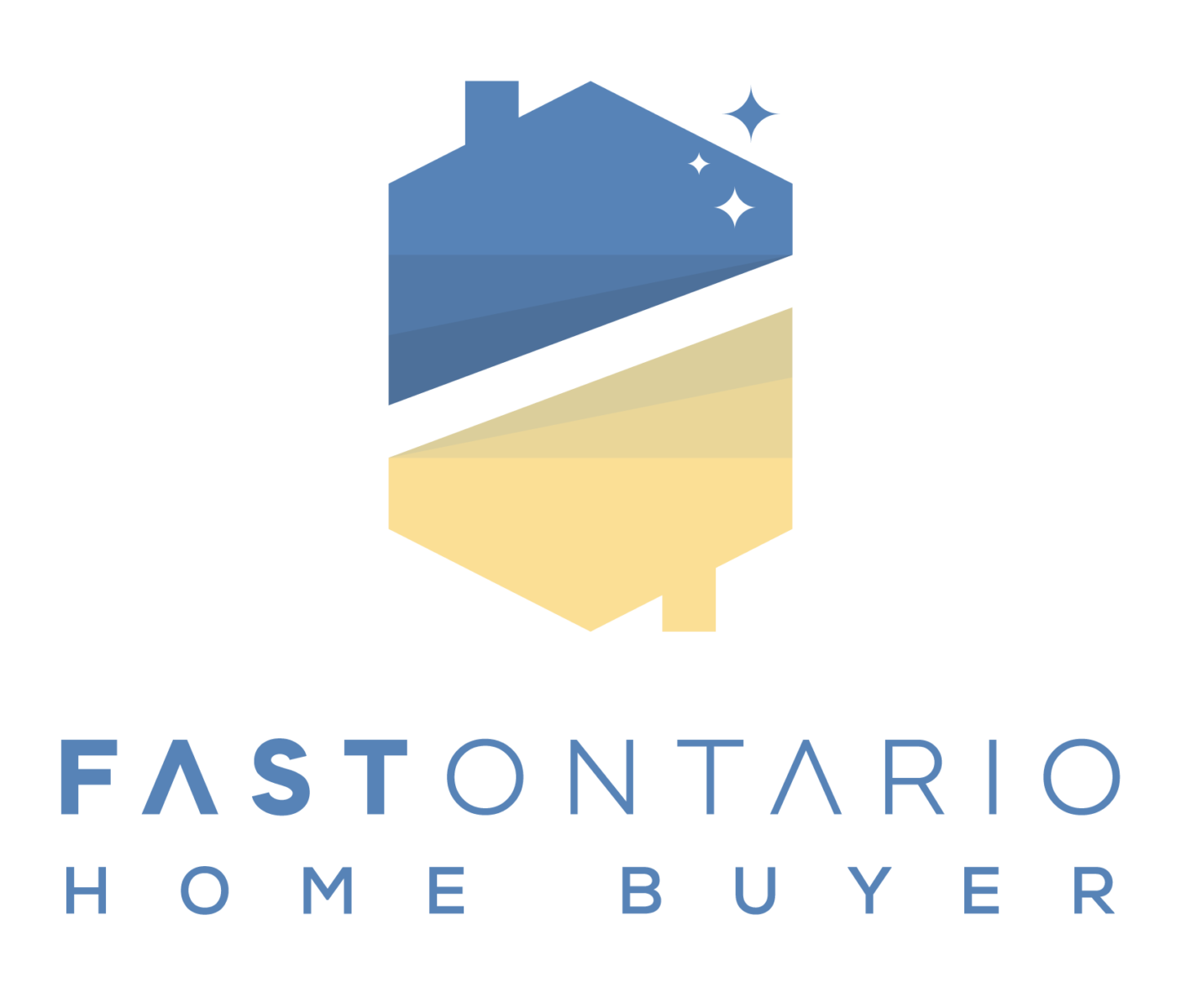
In the complex landscape of foreclosure in Ontario, homeowners are often torn between selling to a bank or an investor. This choice is crucial and varies across different cities. Understanding the latest foreclosure statistics in Ontario can provide valuable context in making this decision.
Current Foreclosure Statistics in Ontario
Foreclosure rates in Ontario have shown fluctuations over the years, influenced by economic conditions, housing market trends, and lending practices. Cities in Ontario have experienced varying rates of foreclosure due to local economic shifts. These statistics are vital for homeowners in understanding the likelihood of foreclosure and the demand from banks and investors.
Bank as a Buyer: A Closer Look
Banks in Ontario are traditional buyers in foreclosure scenarios. The latest data indicates that a significant percentage of foreclosures in these areas result in banks reclaiming properties. The advantage of dealing with banks lies in their structured approach, which is governed by clear regulations and procedures.
Key Attributes of Banks as Buyers
- Structured Foreclosure Process: Banks in Ontario adhere to a well-defined legal framework for foreclosures. This process begins with a notice period, allowing homeowners a chance to rectify their default. If unresolved, the bank then moves forward with the foreclosure, following a series of regulated steps.
- Financial Stability: Banks, with their robust financial backing, offer a level of security to the foreclosure process. They are capable of handling the legal and financial complexities that often accompany foreclosure cases, ensuring a legally compliant and financially stable transaction.
- Regulatory Compliance: Banks are bound by stringent regulatory standards, which dictate how they must proceed with foreclosures. This compliance includes fair valuation practices, transparent dealings, and adherence to homeowner rights, providing a safeguarded route for homeowners in distress.
- Impact on Local Markets: In markets in Ontario, banks’ involvement in foreclosures can influence local real estate trends. Their approach to recovering outstanding loans often involves selling repossessed properties in the market, which can impact property values and availability.
- Pros and Cons for Homeowners: Dealing with banks offers homeowners the certainty of a regulated process, but it can also mean less flexibility in terms of sale terms and timelines. While banks typically seek to recover the outstanding loan amount, they might not be open to negotiation on price or sale conditions, unlike private investors.
Understanding the role of banks as buyers in the foreclosure process in Ontario is crucial. Homeowners must weigh the structured, secure approach of banks against the potentially more flexible, but less predictable, offers from investors.
Investor as a Buyer: In-Depth Analysis
In the dynamic landscape of Ontario’s foreclosure market, investors have become increasingly prominent, particularly in cities with robust real estate sectors. Recent data underscores a surge in investor activity in these areas, driven by the allure of potentially lucrative returns on investment.
Key Characteristics of Investors in the Foreclosure Market
- Growing Presence in Key Cities: Statistics indicate a noticeable uptick in investor involvement in Ontario’s foreclosure scene. For instance, in Windsor, investor purchases in foreclosure have risen by approximately 15% over the past year. Similarly, in London and Hamilton, there’s been a 20% and 18% increase, respectively, highlighting the growing investor interest in these markets.
- Speed of Transaction: One of the main advantages of selling to an investor is the speed of the sale. Unlike banks, investors often aim for rapid closures, with some transactions in cities like London and Hamilton closing in as little as two weeks post-agreement.
- Flexibility in Dealings: Investors are known for their flexibility, often willing to negotiate on price, payment terms, and other sale conditions. This contrasts with the more rigid structure of bank transactions, offering homeowners in distress more tailored solutions.
- Variety of Investors: The investor pool in Ontario is diverse, ranging from individual real estate enthusiasts to large investment firms. This diversity means different investment strategies and approaches to foreclosure purchases, providing homeowners with a range of options.
- Impact on Local Real Estate Markets: Investor activity can significantly influence local real estate markets. In cities like Windsor, the increased investor interest has led to a rise in property values, while in Hamilton, it has introduced more competition for available properties.
For homeowners in Ontario undergoing foreclosure, understanding the role of investors is crucial. With their growing presence and the potential for quicker, more flexible transactions, investors offer a viable alternative to traditional bank dealings in the foreclosure process.
Comparing Bank and Investor Approaches in Key Ontario Cities
1. Toronto
- Foreclosure Trends: Recent data shows that foreclosure rates in Toronto have escalated, with a 12% increase over the past year.
- Bank Approach: Banks in Toronto have been actively reclaiming properties, accounting for 60% of foreclosure sales. The process with banks typically takes 4-6 months from notice to sale.
- Investor Involvement: Investors account for 40% of foreclosure purchases, often completing transactions within 1-2 months. This quicker turnaround can be more appealing to homeowners seeking immediate solutions.
- Impact on Sale: Homeowners in Toronto face a crucial choice: the stability and predictability of banks, which might lead to a slightly lower sale price, or the speed and potential for higher offers from investors.
2. London
- Investor Activity: London has seen a significant 25% increase in investor activity in the foreclosure market over the past two years.
- Bank Transactions: Banks complete approximately 45% of foreclosure sales, with a standard processing time of 3-5 months.
- Competitive Offers from Investors: Investors, representing 55% of the market, are known to make more competitive offers, often exceeding bank bids by up to 10-15%.
- Homeowner Advantage: This competitive landscape offers homeowners in London the advantage of potentially higher sale prices and more flexible terms when dealing with investors.
3. Hamilton
- Market Diversity: Hamilton’s foreclosure market is evenly split, with banks and investors each handling around 50% of foreclosure sales.
- Bank Process: Bank-led sales are more structured but can be slower, taking 4-6 months to complete.
- Investor Speed and Flexibility: Investors in Hamilton are known for their quick transaction capabilities, often wrapping up sales in less than 2 months, and are more likely to negotiate on sale terms.
- Balanced Options for Homeowners: Hamilton homeowners benefit from a balanced market where they can choose between the security of banks and the agility and potential financial benefits of selling to investors.
When considering who is the better buyer during the foreclosure process in Ontario—banks or investors—it’s important to understand the dynamics and statistics involved in the real estate market, as well as the advantages and disadvantages for each party.
Statistics and Market Dynamics in Ontario
- Investor Participation: In Ontario, about 20.2% of property owners were investors as of 2020, which is relatively high compared to other provinces.
- Preference for Property Types: Condominium apartments were more commonly used as investment properties than houses, with 41.9% in Ontario being used for investment purposes.
- Volume of Investment Properties: Ontario had a significant number of houses (584,615) used as investment properties.
- Business Ownership in Investments: A higher rate of business-owned investment properties was found among condominium apartments than in houses, with 13.4% of all such properties in Ontario being owned by businesses for investment purposes.
Advantages and Disadvantages for Buyers
For Investors
- Potential for Higher ROI: Investors can often purchase foreclosed properties below market value and potentially achieve a high return on investment through renovation and resale or renting out.
- Renovation Potential: Foreclosed properties often have better renovation potential as they are less likely to have undergone recent major renovations.
- Bargaining Power: Due to the length of the foreclosure process, investors might have more room to negotiate.
- Risks: There are risks such as bidding wars, purchasing properties as-is without full inspection, and potential for extra hidden costs.
For Banks
- Recovery of Losses: Banks sell foreclosed homes to recover losses from unpaid mortgages.
- Avoidance of Long Processes: Foreclosure is generally a last resort for banks as it can be time-consuming and expensive, hence they may sell properties at lower prices to speed up the process.
- Power of Sale: In Ontario, banks commonly exercise the power of sale, which does not require court involvement, making it a quicker process.
- Financial Implications: After the sale, any remaining money after paying off debts and costs goes to the borrower, but the borrower also bears any remaining debts post-sale.
Overall Considerations
- Market Dynamics: The high percentage of investment properties in Ontario, particularly in condominiums, indicates a robust investor presence in the foreclosure market.
- Investor Advantages: Investors might find opportunities in acquiring properties below market value, with potential for significant ROI and renovation opportunities.
- Bank Advantages: Banks look to quickly offload properties to recover losses, potentially offering lower prices and a more straightforward sale process than judicial foreclosures.
Conclusion
The decision between a bank and an investor in the Ontario foreclosure process is multifaceted. The latest foreclosure statistics is key to making an informed choice.

